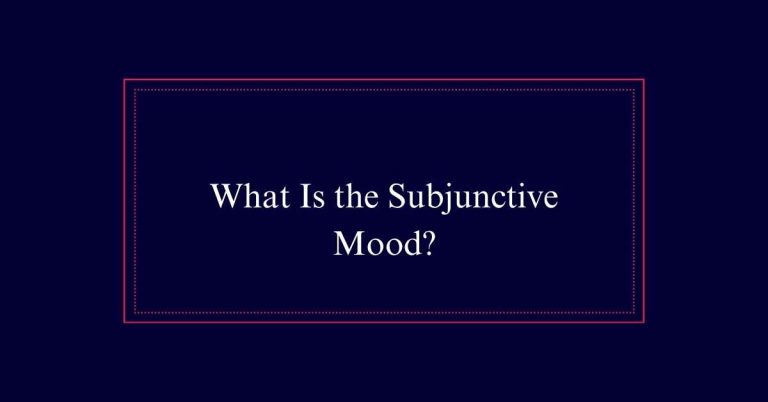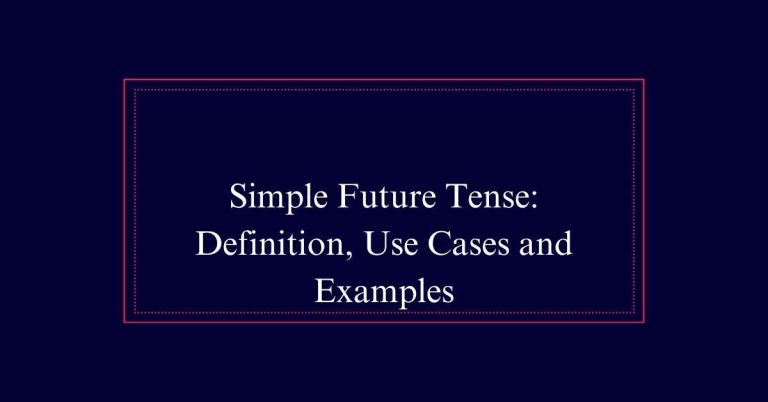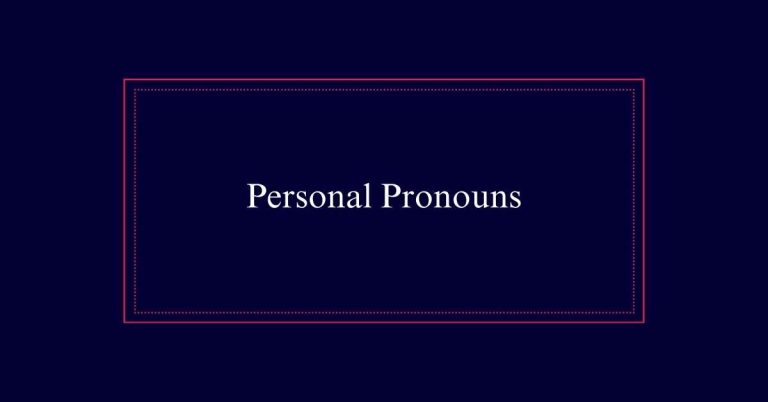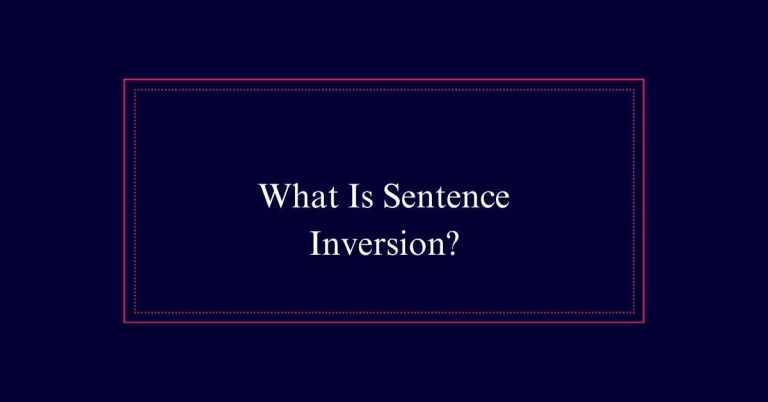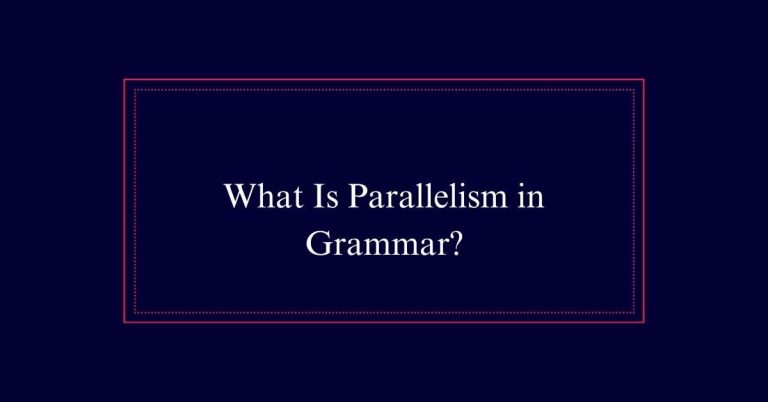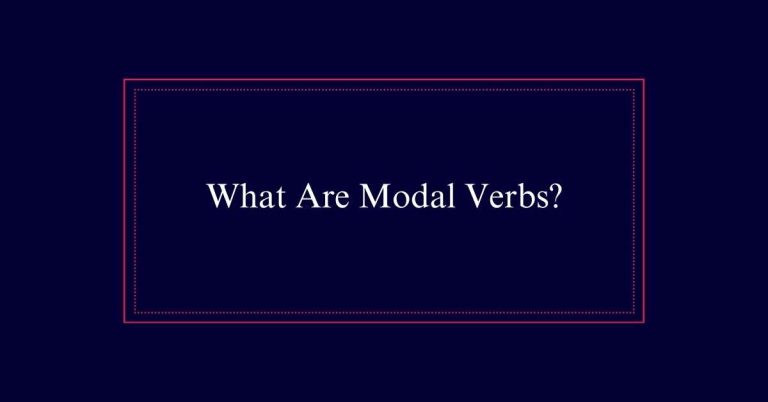“Was” or “Were” in the “If” Clause/Conditional
In conditional sentences, ‘was’ and ‘were’ are used differently based on whether the condition is real or unreal. For real conditions, use ‘was’ with singular subjects to discuss past events (e.g., “If he was there, he would know.”). For unreal conditions, use ‘were’ with any subject to describe hypothetical or impossible situations (e.g., “If he were here, he would know.”).
Understanding Conditional Sentences
Conditional sentences are used to express cause-and-effect relationships between two events. They consist of at least two clauses: the condition and the consequence. The condition, often introduced by ‘if’ or ‘when,’ sets the premise. The consequence describes the result of that condition being met.
For example, in the sentence ‘If it rains, we will cancel the picnic,’ ‘If it rains’ is the condition, and ‘we will cancel the picnic’ is the consequence. The order of these clauses can be reversed without changing the meaning.
English has four main types of conditional sentences, each with its unique structure and usage. These sentences help convey various degrees of likelihood, from certain facts to hypothetical scenarios.
Real Vs. Unreal Conditionals
How do real and unreal conditionals differ in expressing events and scenarios?
Real conditionals describe events that are true or are likely to happen. They often use ‘will’ for future actions. For example, ‘If it rains, I will bring an umbrella.’ This suggests a probable event.
Unreal conditionals, on the other hand, depict events that are unlikely or impossible. They use ‘would’ or ‘could.’ For instance, ‘If I were a bird, I could fly.’ This indicates an imaginary scenario.
Real conditionals follow normal subject-verb agreement, using ‘was’ or ‘were’ based on the subject. Unreal conditionals always use ‘were’ in the if-clause, regardless of the subject.
Structure of Conditional Sentences
In English grammar, conditional sentences are composed of two main clauses: the condition (if-clause) and the consequence (main clause). These sentences express a cause-and-effect relationship. The condition sets the premise, while the consequence shows the result if the condition is met.
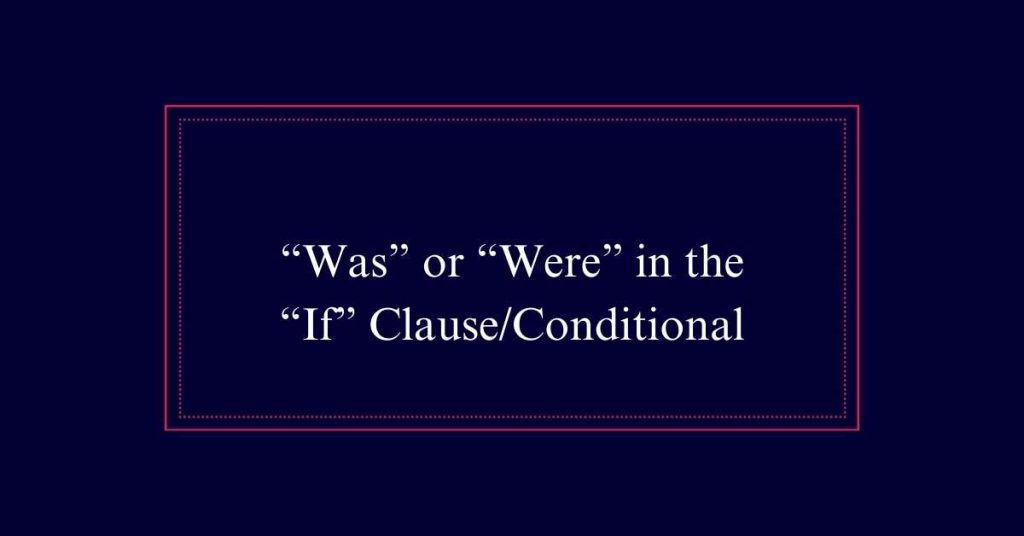
Conditional sentences can be structured in various ways. The if-clause can appear at the beginning or end of the sentence. When the if-clause comes first, a comma separates it from the main clause.
There are four types of conditional sentences: zero, first, second, and third conditionals. Each type varies depending on the likelihood and time of the event.
Simple Past Tense Usage
The simple past tense is used to describe actions or events that occurred at a specific time in the past. This tense is essential for constructing clear and precise sentences about past activities.
For example, ‘She visited Paris last year’ uses the simple past tense to indicate a completed action. The verb forms in this tense typically end in ‘-ed’ for regular verbs, such as ‘walked’ or ‘jumped.’ Irregular verbs, however, have unique forms, such as ‘went’ or ‘had.’
In conditional sentences, the simple past tense helps to set the scene for the condition. Proper use of this tense ensures that the timing of past events is communicated accurately and effectively, forming a solid foundation for further grammatical structures.
Subject-Verb Agreement Rules
Subject-verb agreement rules guarantee that the verb in a sentence matches the subject in number and person. This agreement is fundamental to forming grammatically correct sentences.
Here are some key points to remember:
- Singular subjects take singular verbs: For example, ‘She runs every morning.’
- Plural subjects take plural verbs: For instance, ‘They run every morning.’
- Compound subjects joined by ‘and’ are plural: An example is, ‘The cat and the dog are friendly.’
- With compound subjects joined by ‘or’ or ‘nor,’ the verb agrees with the nearest subject: Such as, ‘Neither the manager nor the employees were satisfied.’
Using “Was” in Conditionals
When forming real conditional sentences, ‘was’ is used with singular subjects like ‘I,’ ‘he,’ or ‘she’ to describe past events or likely scenarios.
For instance, ‘If I was late to the meeting, I apologize’ illustrates a real event that happened in the past.
Similarly, ‘If she was tired, she would rest’ describes a likely scenario based on a real condition.
In these cases, ‘was’ follows the standard subject-verb agreement rules for the simple past tense. This usage helps convey a realistic situation or occurrence.
Using “Were” in Conditionals
In conditional sentences that describe hypothetical or unlikely scenarios, ‘were’ is used regardless of the subject’s number or person. This usage is important for conveying situations that are imagined or contrary to reality.
Here are key points to understand:
- Unreal Conditionals: Use ‘were’ for scenarios that are improbable or imaginary.
- Consistency: ‘Were’ is always used, even with singular subjects such as ‘I’, ‘he’, or ‘she’.
- Clarity: This rule helps distinguish between real and hypothetical situations.
- Examples: Phrases like ‘If I were you’ or ‘If he were here’ illustrate this use.
Examples of “Was” in Conditionals
For real conditional sentences, ‘was’ is used according to standard subject-verb agreement rules. When the subject is first-person singular (I) or third-person singular (he, she, it), ‘was’ is appropriate.
For instance, ‘If I was late, the meeting would start without me.’ Here, ‘was’ aligns with the subject ‘I’ in a real past event.
Another example is, ‘If she was at the office, she would have answered the call.’ This sentence follows the same rule with ‘she’ as the subject.
Examples of “Were” in Conditionals
While ‘was’ is used for real conditional sentences, ‘were’ is employed for unreal conditionals to describe hypothetical or unlikely scenarios. This usage helps convey the improbability or imagination within the sentence.
Here are some examples of using ‘were’ in conditionals:
- If I were a millionaire, I would travel the world. (Hypothetical wealth)
- If she were here, she could solve this problem. (Unlikely presence)
- If they were honest, we wouldn’t be in this situation. (Hypothetical honesty)
- If Superman were real, he could save the city. (Imaginary scenario)
Common Mistakes and Tips
Many writers often confuse the use of ‘was’ and ‘were’ in conditional sentences, leading to grammatical errors.
One common mistake is using ‘was’ in unreal conditionals. Remember, use ‘were’ for hypotheticals regardless of the subject. For example, say ‘If I were rich,’ not ‘If I was rich.’
Another error is misapplying ‘were’ in real conditionals. Follow normal subject-verb rules here. For instance, ‘If she was late’ is correct for past real events.
A helpful tip: for unreal scenarios, always think of ‘were,’ even for singular subjects. For real conditions, match the verb with the subject correctly.

